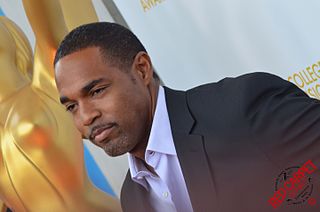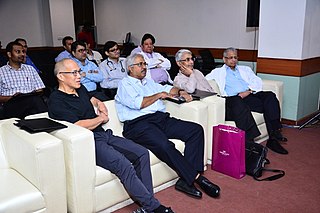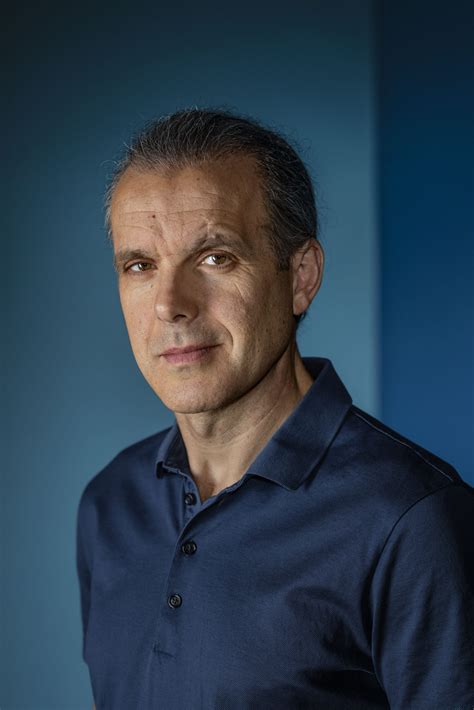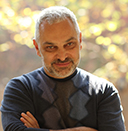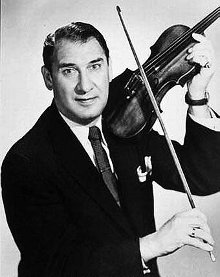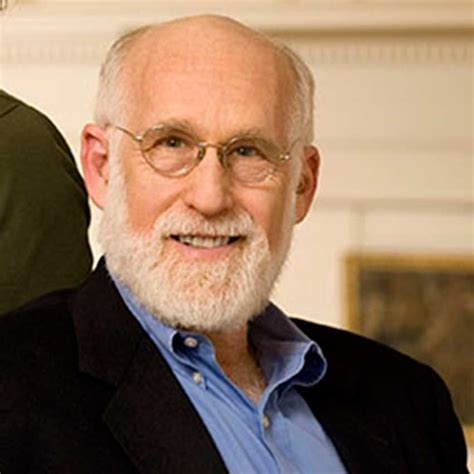A Quote by John Taylor
A doctor is a man who writes prescriptions, till the patient either dies or is cured by nature.
Related Quotes
I was studying the impacts of fishing on ocean life, while the places that I loved so much continued to decline: less and smaller fish, less corals, and more microbes. I found myself writing the obituary of nature with increasing precision. Unsatisfied and frustrated, I felt like a doctor telling the patient how she is going to die, with excruciating detail. If I were that patient, I would have fired myself and looked for a doctor who would look for a solution.
Mountains are nature's testimonials of anguish. They are the sharp cry of a groaning and travailing creation. Nature's stern agony writes itself on these furrowed brows of gloomy stone. These reft and splintered crags stand, the dreary images of patient sorrow, existing verdureless and stern because exist they must.
The freedom of patient speech is necessary if the doctor is to get clues about the medical enigma before him. If the patient is inhibited, or cut off prematurely, or constrained into one path of discussion, then the doctor may not be told something vital. Observers have noted that, on average, physicians interrupt patients within eighteen seconds of when they begin telling their story.

